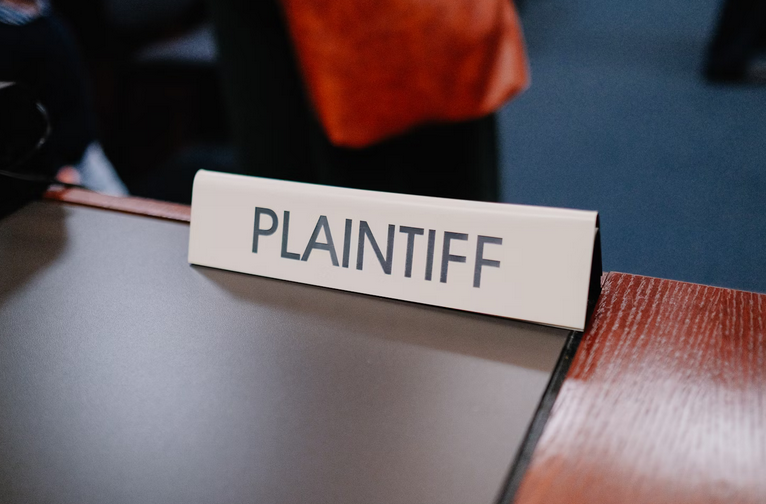Class Action Lawsuits: Legal Considerations for Plaintiffs and Defendants
Class action lawsuits are civil lawsuits that allow a group of people with similar claims against a defendant to file a single lawsuit together. These types of lawsuits are often used when the number of plaintiffs is too large for each individual to file a separate lawsuit or when the cost of litigation would be too high for an individual to pursue on their own.
Class action lawsuits can be extremely complex and involve various things for both plaintiffs and defendants. To make sure your lawsuit is successful, why not try understanding the basics of class action lawsuits?
Certification Requirements

To proceed as a class, certain requirements must be met to ensure that the case represents a group with common interests and claims. Courts typically look for elements such as numerosity (a large enough group), commonality (shared issues), typicality (similar claims to the representative plaintiff), and adequacy of representation (competent legal counsel).
Meeting these criteria is essential for obtaining certification and moving forward collectively. It’s crucial for both plaintiffs and defendants to understand the significance of satisfying these requirements early in the litigation process. Working closely with an award winning law firm can help you navigate this complex stage effectively, increasing your chances of success in a class action lawsuit scenario.
Choice of Law
Aside from that, the choice of law can significantly impact the outcome of the case. This refers to determining which jurisdiction’s laws will apply to the lawsuit. The choice of law can influence various aspects of the litigation process, including how damages are calculated and what legal standards must be met.
In some cases, multiple states may have relevant laws that could apply, adding complexity to the decision-making process. Plaintiffs and defendants must consider where the alleged harm occurred, where the parties are located, and other factors when determining which jurisdiction’s laws should govern the dispute. Choosing the right law is the key for both plaintiffs seeking fair compensation and defendants aiming to defend their interests effectively.
Notice and Opt-Out Procedures

Notice requirements, on the other hand, ensure that all potential class members are aware of the lawsuit and their rights to participate or opt-out. This transparency helps maintain fairness and gives individuals the opportunity to make informed decisions about their involvement. Opt-out procedures allow individuals who do not wish to be bound by the outcome of the class action to exclude themselves from the case. This option is essential as it provides individuals with autonomy over their legal rights and allows them to pursue individual claims if they so choose.
Class Settlement Approval
Once a class action lawsuit reaches a settlement agreement, the court must approve it to ensure it is legally fair and reasonable for every party involved. The approval process also requires a thorough review of the terms of the settlement to determine if it adequately compensates class members and resolves the legal issues at hand. The court will consider factors such as the strength of the case, potential risks, and rewards of continued litigation, and whether the proposed settlement is in the best interest of the class as a whole. Class members may have an opportunity to voice any objections or concerns before final approval is granted.
In the end, your group won’t survive in court without an experienced lawyer on your side. Why? They can provide guidance, expertise, and support throughout the entire process to ensure that all of your rights are kept safe and sound. Hiring them also helps you achieve the best possible outcome in your case.

